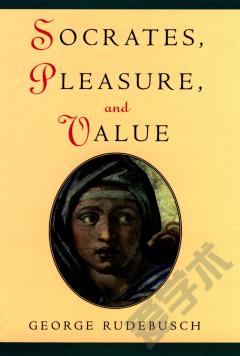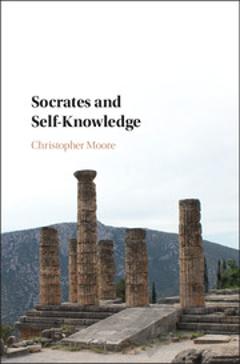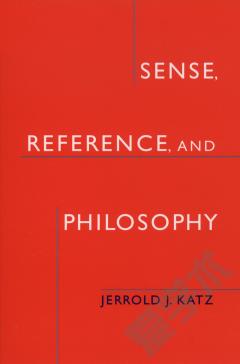Socrates, Pleasure, and Value
In this study, George Rudebusch addresses whether Socrates was a hedonist--whether he believed pleasure to be the good. In attempting to locate Socrates' position on hedonism, Rudebusch examines the passages in Plato's early dialogues that are the most disputed on the topic. He maintains that Socrates identifies pleasant activity with virtuous activity, describing Socrates' hedonism as one of activity, not sensation. This analysis allows for Socrates to find both virtue and pleasure to be the good, thus solving the textual puzzle and showing the power of Socratic argument in leading human beings toward the good.
{{comment.content}}








 京公网安备 11010802027623号
京公网安备 11010802027623号